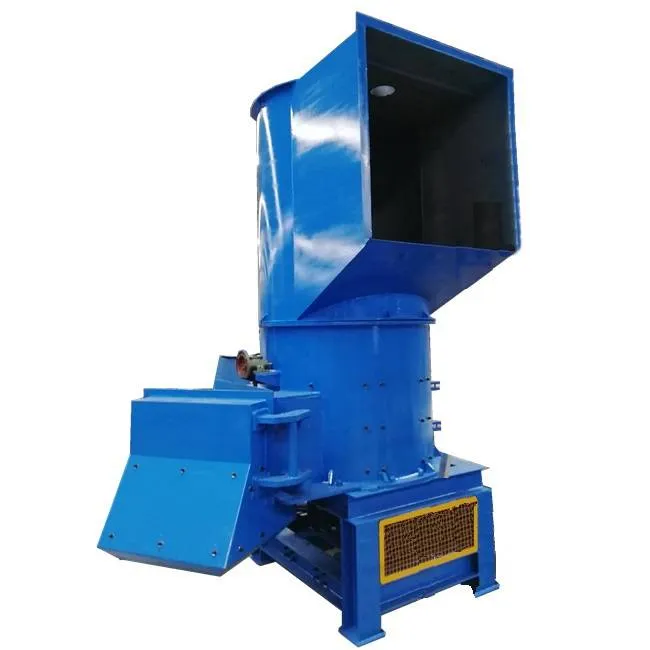

Қар . 15, 2024 21:28 Back to list
How to Dispose of Flat Screen TVs Responsibly
As technology advances, flat screen TVs have become a staple in most households. However, as with all electronic devices, there comes a time when they need to be replaced or disposed of. Proper disposal of flat screen TVs is essential not only for environmental reasons but also to comply with local regulations. This article will guide you through the best practices for disposing of flat screen TVs responsibly.
Understanding the Importance of Proper Disposal
Flat screen TVs, particularly those that utilize liquid crystal display (LCD) or light-emitting diode (LED) technology, contain potentially harmful materials, such as lead, mercury, and cadmium. When these TVs are improperly disposed of, these toxic substances can leach into the environment, contaminating soil and water sources, and posing health risks to both humans and wildlife.
Additionally, many regions have specific laws and regulations regarding the disposal of electronic waste (e-waste). Noncompliance can lead to hefty fines and other penalties. Therefore, understanding the proper disposal methods is crucial for being a responsible consumer.
Steps for Disposing of Flat Screen TVs
1. Check Local Regulations Before disposing of your flat screen TV, research your local regulations regarding e-waste disposal. Many cities offer electronic recycling programs or drop-off locations, and knowing these details can save you from legal issues.
2. Consider Donation If your flat screen TV is still functional, consider donating it to charities, schools, or non-profit organizations. Many organizations accept electronics, especially if they are in working condition. Make sure to check the organization’s policy regarding electronics and ensure that the TV meets their standards.

3. Manufacturer Take-Back Programs Some manufacturers offer take-back programs where they will take back your old televisions. This is a sustainable option as these companies often recycle e-waste in an environmentally friendly way. Check the manufacturer's website or contact their customer service to see if such a program exists.
4. Local Recycling Centers Many local recycling centers accept flat screen TVs and other electronic devices. You can search online for e-waste recycling locations in your area. These centers have the facilities to recycle the materials in your TV safely. Be sure to call ahead to confirm that they accept TVs and check their operating hours.
5. Retailer Recycling Programs When purchasing a new TV, ask the retailer if they have a recycling program. Many electronics retailers offer services to take back old TVs when delivering a new one. This can be a convenient option for proper disposal.
6. Professional E-Waste Disposal Services If you're unable to find a suitable place for disposal, consider hiring a professional e-waste disposal service. These companies specialize in the responsible recycling of electronic devices and often offer pick-up services. Ensure that any service you choose adheres to environmentally sound practices.
7. Avoid Illegal Dumping It may be tempting to leave your old TV on the curb or take it to a remote location, but this not only harms the environment but can also lead to legal repercussions. Always choose a responsible option for disposal.
8. Remove Personal Data Although TVs don't store personal data in the same way that computers do, if your flat screen TV has smart features, consider removing it from your accounts or factory resetting it. This protects your information and provides an extra step of security.
Conclusion
Disposing of flat screen TVs responsibly is not only a matter of legal compliance but also an important part of caring for our planet. By following the above steps—checking local regulations, considering donation, using manufacturer take-back programs, and utilizing recycling services—you can ensure that your old TV is disposed of in an environmentally friendly manner. Educating yourself about proper disposal methods contributes to reducing e-waste and promotes a more sustainable future. Remember, every small effort counts towards making a significant impact on our environment!
Latest news
Troubleshooting Common Eddy Separator Problems
NewsJul.04,2025
The Role of Metal Recycling Plants in Circular Economy
NewsJul.04,2025
The Impact of Recycling Line Pickers on Waste Management Costs
NewsJul.04,2025
Safety Features Every Metal Shredder Should Have
NewsJul.04,2025
How Industrial Shredders Improve Waste Management Systems
NewsJul.04,2025
How Cable Granulators Contribute to Sustainable Recycling
NewsJul.04,2025